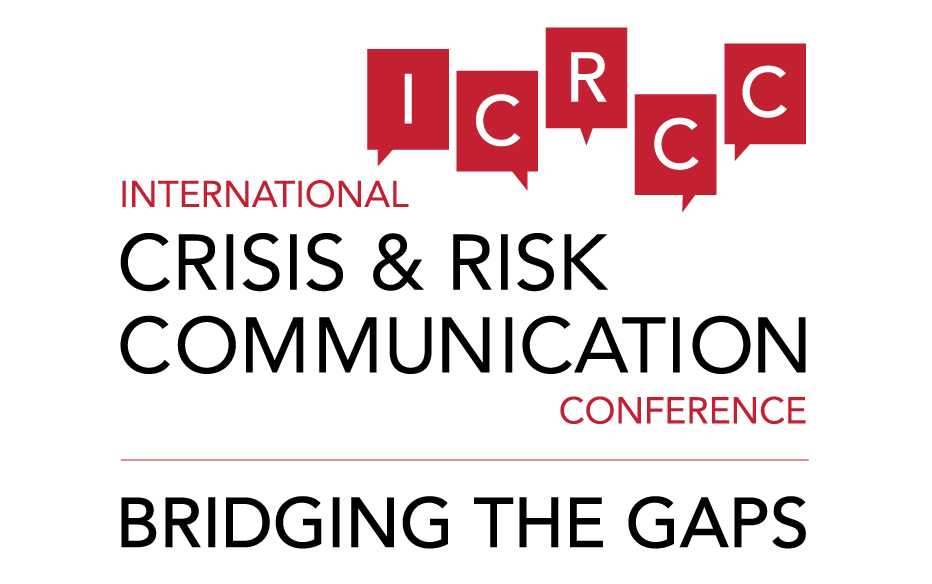
Instructor
School of Communication, Center for International Communication, Bar-Ilan University
Israel
Dr. Clila Magen is an Instructor at the School of Communication and a research fellow at the Center for International Communication at Bar-Ilan University in Israel. Her doctoral dissertation (“Camera Flashes in the Dark”) dealt with the complex relationship between intelligence services and the media, mainly focusing on the crisis communication of Israel’s clandestine agencies. Her research interests include public relations, crisis communications, nation branding and national security and the media. From 2009 to 2011 she was a visiting scholar at the Communication Research Center at Boston University.
Prior to joining academia, Dr. Magen served as a spokesperson for the Chair of the Committee of Defense and Foreign Affairs of the Israeli Parliament (Knesset), and as an assistant to the media consultant of the Minister of Housing and Building. She was an editor of “Diploma,” an independent student monthly magazine. Her studies were presented in numerous academic and professional international conferences. She contributes op-eds on crisis communication issues and PR to newspapers and online news websites and she is an author of a forthcoming book about the relationship between the Israeli intelligence services and the media.
2014
Breakout Session: “If the Boss Says So” – Reviewing the Leadership Component in Crisis Communication
Existing research in the fields of strategic communication, public relations and crisis communication emphasize the importance of the human factor for the success of applying any strategy. Practitioners’ individual disposition towards the media may be highly influential on barren or fruitful relationships between private, public, governmental or non-governmental organizations and the media. This has a great impact on media coverage in risk situations and how the crises will be eventually depicted in the public sphere.
Several scholars discuss the different attitudes towards the media held by heads of states, commanders in war, and CEOs of firms, and assess the implications different attitudes have on the media coverage of individual organizations. For instance, Presidents Ronald Reagan and Bill Clinton had positive ongoing relationships with the American media, while the Bush family did not. Following the 9/11 terror attacks, George W. Bush was highly criticized regarding his crisis communication, whereas the mayor of New York, Rudolph Giuliani, received positive appraisal. The different crisis communication of Presidents George W. Bush and Barack Obama when dealing with the Hurricanes “Katrina” and “Sandy” may also serve as a good example. A media expert (such as a PR practitioner, spokesperson, etc.) may be highly limited to act if the head of the organization does not approve or encourage an active positive approach towards the media.
The lecture will demonstrate the prominence of the personal attitude of the heads in fragile times through various case studies and introduce a typology of leaders in crisis. The typology refers to diverse types of leadership and their unique challenges. We will elaborate on several types of leaders in crisis and portray weaknesses and strength points one may identify in leadership behavior in crisis situations. The lecture will refer mainly, but not merely to the crisis period in the “crisis cycle” (pre-crisis; crisis; post-crisis). Leaders have a substantial role in the pre-crisis and post-crisis terms as well. This too will be elaborated in the lecture.
Furthermore, the lecture will address timely dilemmas and challenges of leadership nowadays: If and how should heads respond to crises in the information age? Can they polish their crisis communication despite their disadvantages that derive from their personal character? How should a head of an organization address internal and external stakeholders? Several crucial factors regarding leadership in crisis will be discussed and we will conclude with recommendations for leaders handling crises in the future. The lecture is based on several years of extensive research that dealt with Israel’s intelligence services and politics as a case study.


